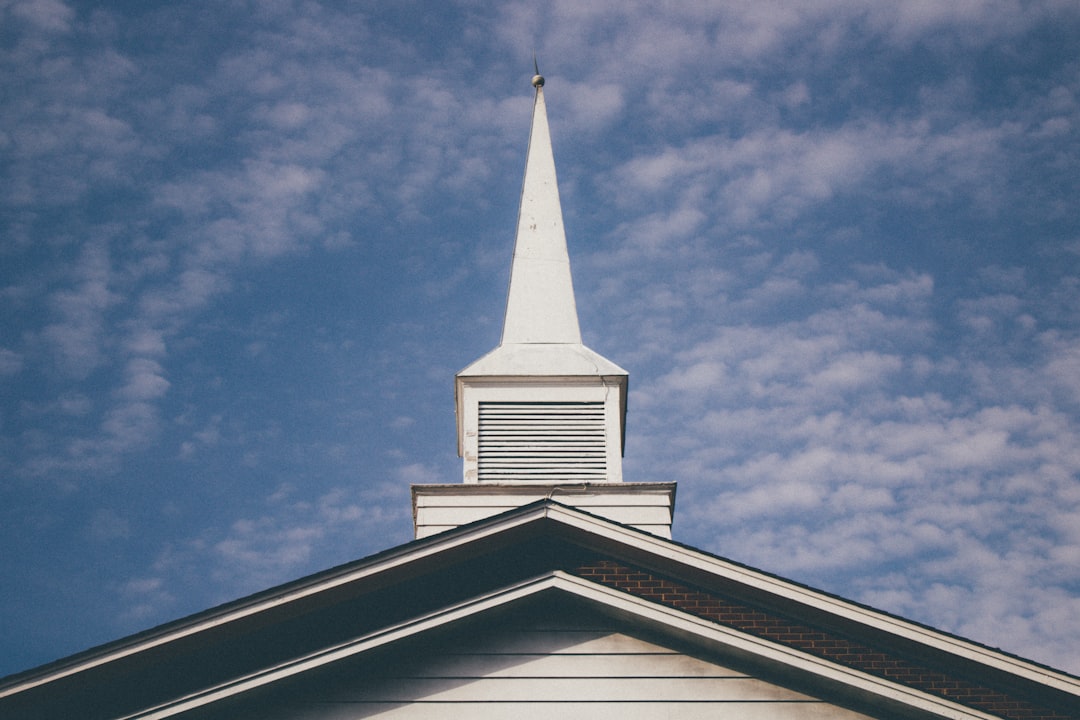Hearing the Warning of the SBC
The investigation into sexual abuse contains uncomfortable lessons for all.

Yesterday the findings of an independent investigation into the Southern Baptist Covention regarding sexual abuse were published. The report will mean much to some and little to others. There’s so much in it, far more than I could or should possibly try to ruminate on publicly. If you want a summary, the AP has publi…


